Urban Data Platforms | Best Practices for Urban Data in Smart Cities
This article provides an overview of urban data, which encompasses the collection and analysis of information related to cities and urban environments. It emphasizes the importance of urban data for urban planning, policy-making, and quality of life improvements and also discusses examples of urban data. The concept of smart cities, which utilize technology and data-driven solutions for enhanced living conditions, is also explained
Published
September 13, 2023

What is Urban Data?
Urban data refers to the collection, analysis, and utilization of information related to cities and urban environments. It encompasses various types of data generated within urban areas, often gathered through technologies like sensors, GPS, social media, and other sources.
Urban data is valuable for urban planning, policy-making, and improving the quality of life in cities. It can be used to address challenges such as traffic congestion, pollution, housing needs, and public services optimization. Additionally, it plays a crucial role in developing smart cities, which leverage technology to enhance efficiency, sustainability, and livability in urban areas.
.jpg)
Examples of Urban Data
Transportation Patterns
Is the collection of data regarding movement of people and goods within a city. This data encompasses a wide range of information including modes of transportation, taken routes, frequency of trips, and multiple factors that influence travel behavior.
Analyzing transportation patterns provides valuable insights for urban planners, to make informed decisions for an improved transportation infrastructure and services.
Air Quality
Gives information about the levels of pollutants and gases that exist in the atmosphere within urban areas. Monitoring air quality is crucial for assessing environmental health, understanding pollution sources, and developing strategies to improve urban living conditions.
Energy Consumption
The data about the usage of energy resources.This data is essential for understanding how energy is consumed, identifying patterns, and implementing strategies to promote energy efficiency and sustainability
.jpg)
Infrastructure Usage
Infrastructure usage pertains to information regarding the utilization and performance of critical physical structures and facilities. This data is crucial for optimizing the allocation of resources, identifying maintenance needs, and planning for future infrastructure development. It is also helpful to identify the requirements for people with special needs.
What is an Urban Data Platform?
An urban data platform is a technology infrastructure that aggregates, manages, analyzes, and visualizes various types of data related to urban environments. These platforms serve as centralized hubs for collecting and processing data generated within cities. They can incorporate information from a wide range of sources, including sensors, IoT devices, social media and government records.
What is a Smart City
A Smart City is an area that uses technology and data-driven solutions to enhance the quality of life for its residents, improve efficiency in operations, and promote sustainability. These cities leverage information and communication technologies to collect and analyze data from various sources.
Areas of Application of Urban Data Platforms
Transportation and Mobility
Urban data enables analyzing passengers and travelers behavior which allows Traffic flow monitoring and optimization. Thereby time schedules of public transport and traffic signal coordination is possible. It leads to intelligent transportation systems as well as pedestrian and cyclist safety but also more efficient planning, that is how parking management and constructional optimization are more effective.
.jpg)
Environmental Sustainability
Air and water quality monitoring is important not only to protect the environment but also for Public Health and Safety. Climate Change Mitigation and Adaptation is able by Monitoring air quality and to understand the composition of the atmosphere, including greenhouse gas concentrations. This data is crucial for climate scientists and policymakers working to combat climate change. Green space planning is not only beneficial for humans for a more relaxing area and better air quality but also for nature because trees can reduce the co2 in the air and also reduce the temperature of the floor. This colder area gives opportunities for human beings to have a place of retreat.
Best Practices
Hamburg is constantly working on their Urban Data Hub with it, it should be able to access data about companies, public administration, science and research as well as urban society. The platform should be made easily accessible and data can be individually configured, evaluated and accessed in real time via the Urban Data Platform. It can be used by administration, business, citizens as an information, planning and control instrument.
Hamburg offers data about the use of cycle paths and air quality measurement
Hamburg created the data-based innovation, a 3D city model as a digital twin of the city's buildings to enable easier and more efficient tasks for public administration and science.
.jpg)
More about Isarsoft
With Isarsoft Perception, your camera systems become part of your business intelligence. Whether the goal is to increase efficiency, customer satisfaction or safety, Isarsoft Perception provides the insights needed for informed decisions.
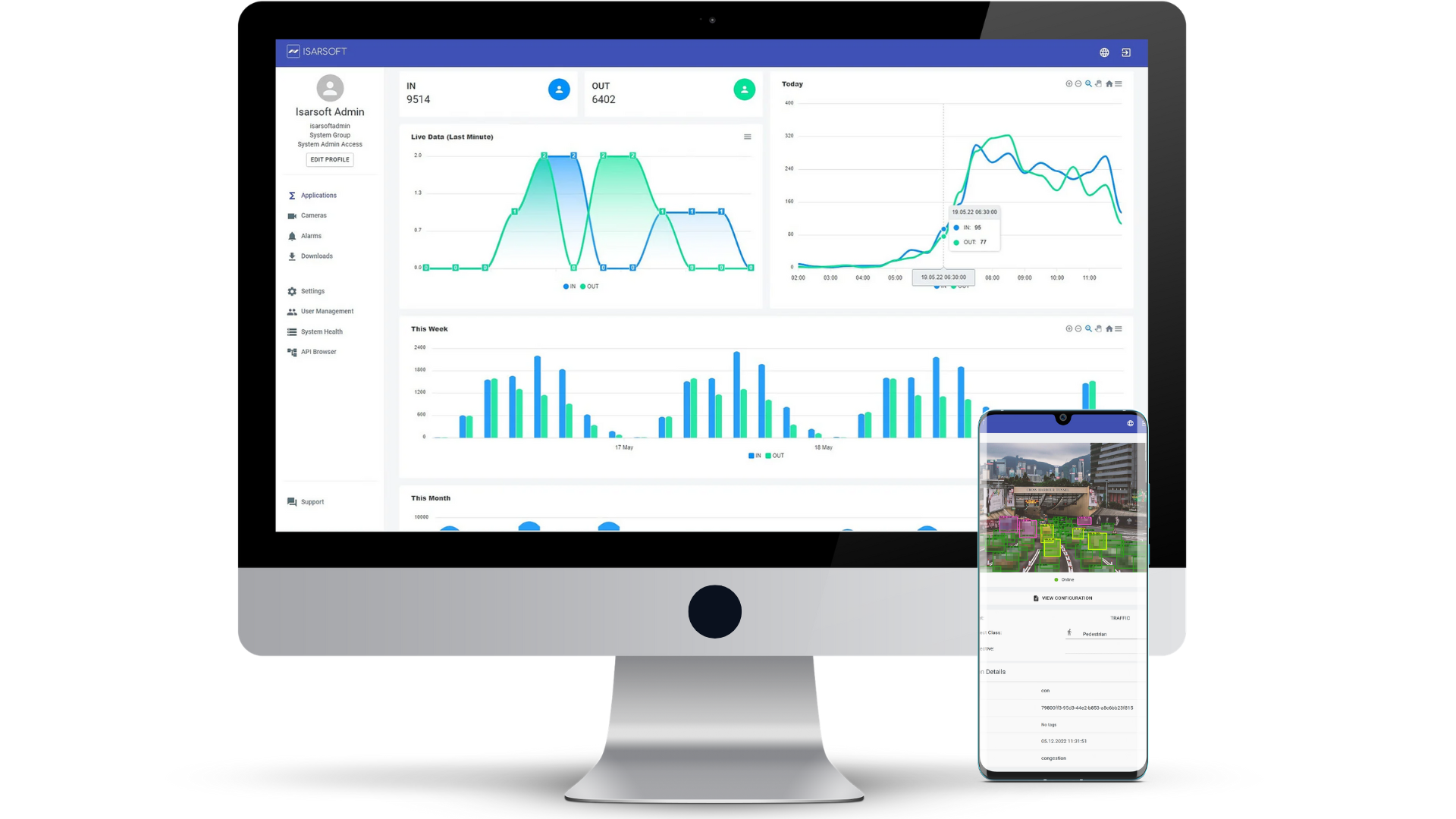
Contact us, to learn more about how to turn security cameras into intelligent sensors.
Optimize your business processes.
Improve business processes with video-based business intelligence from Isarsoft.
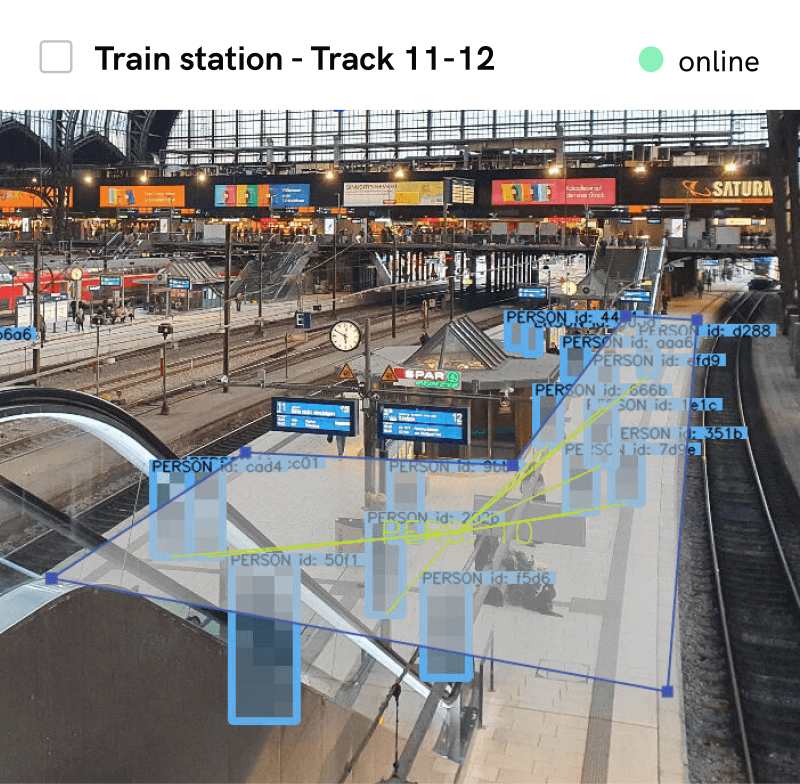
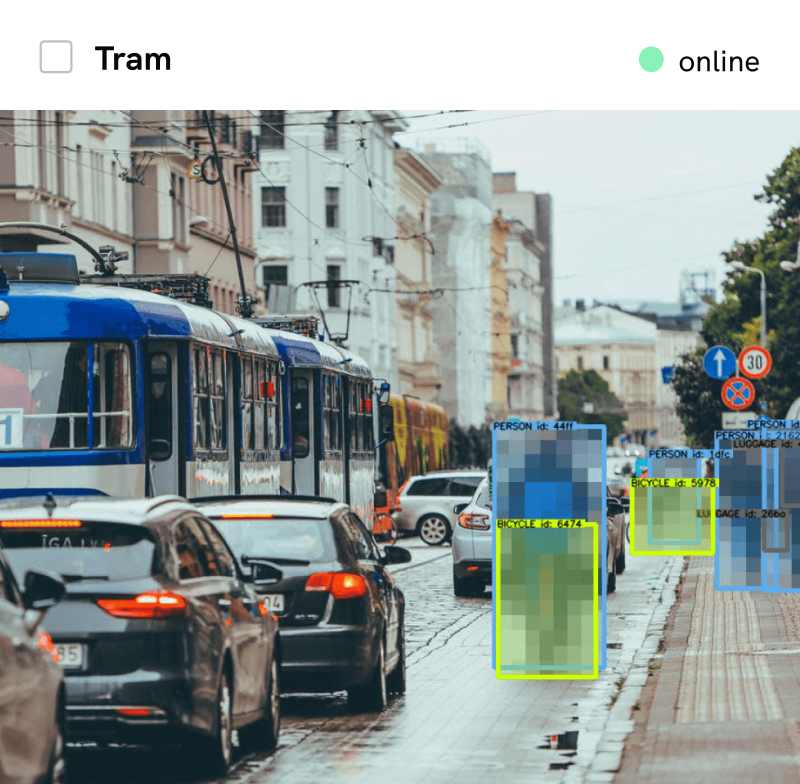
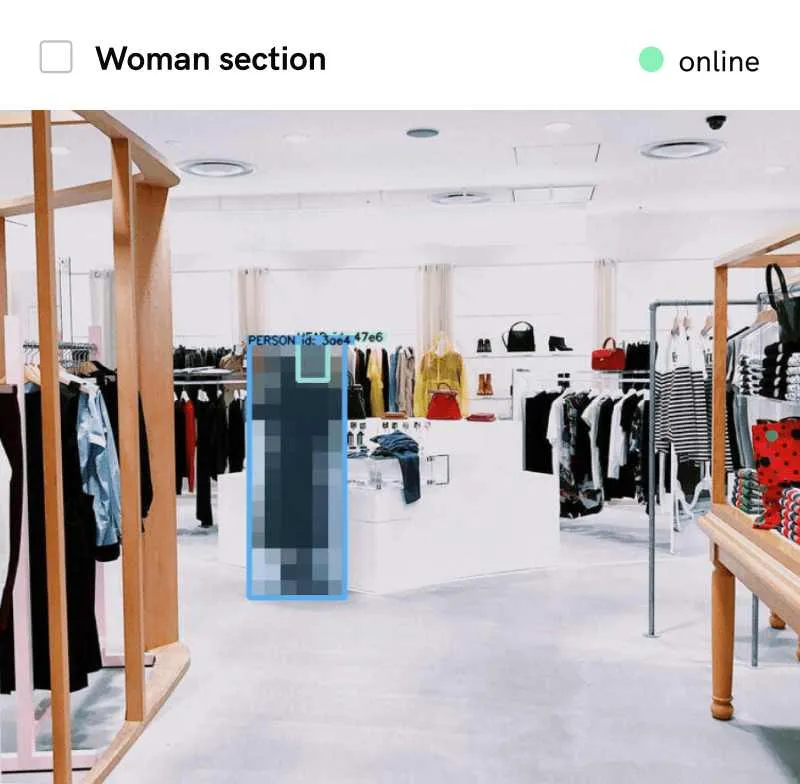
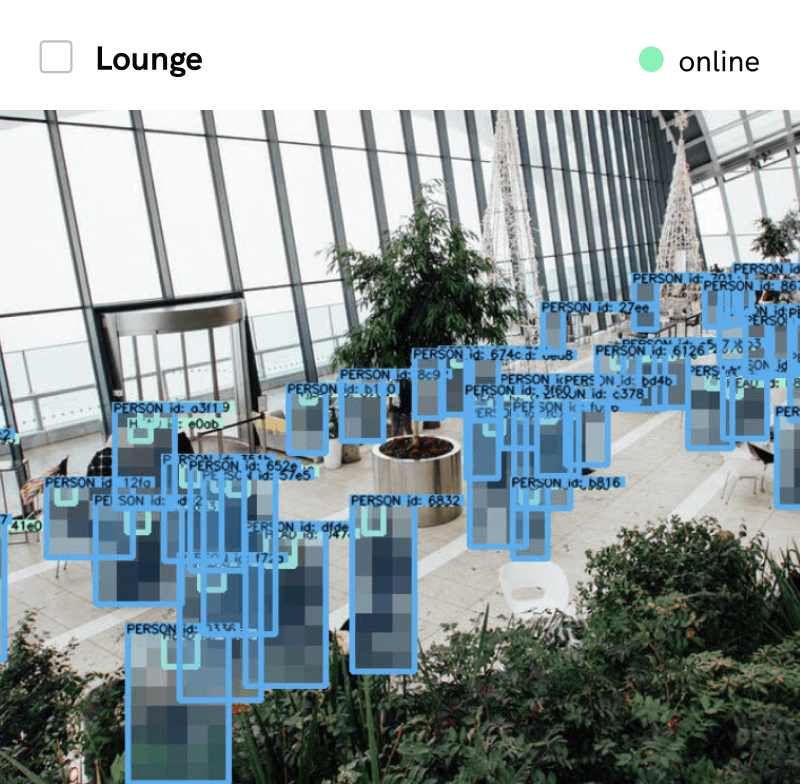
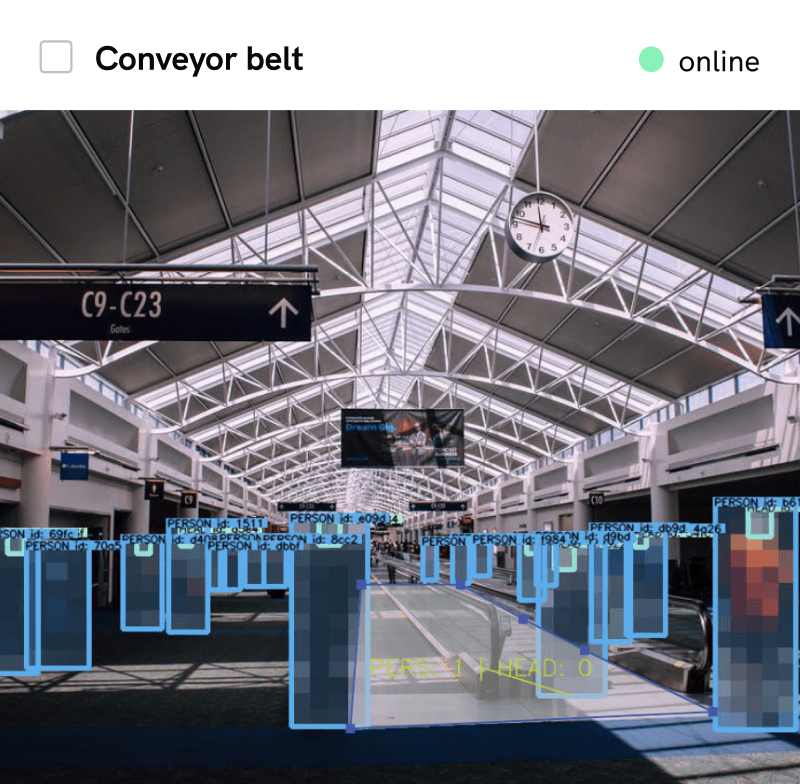




.webp)